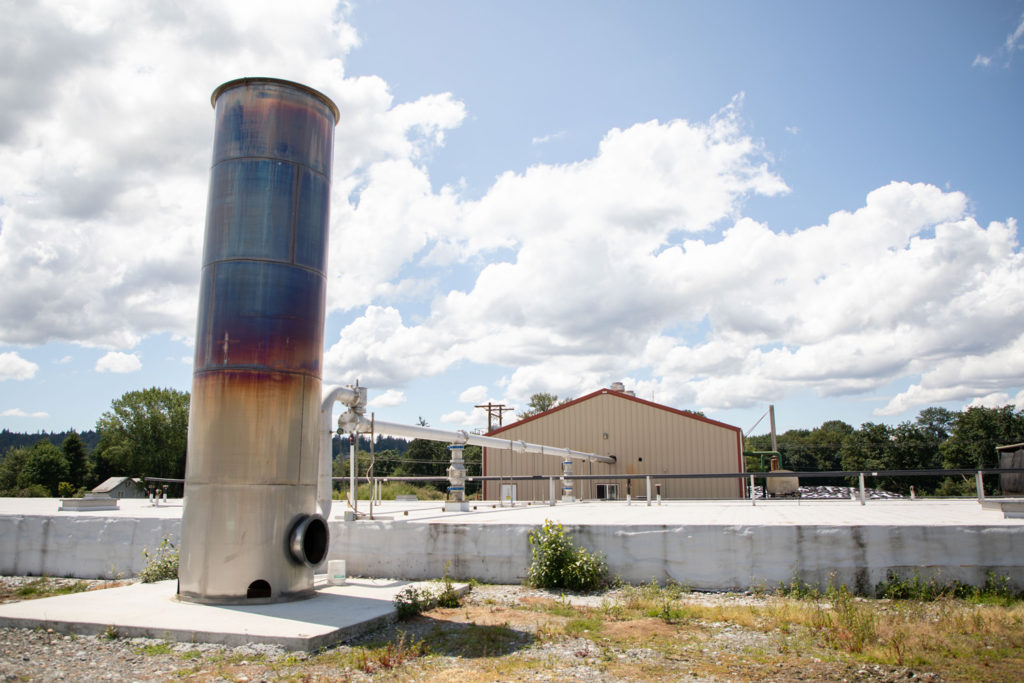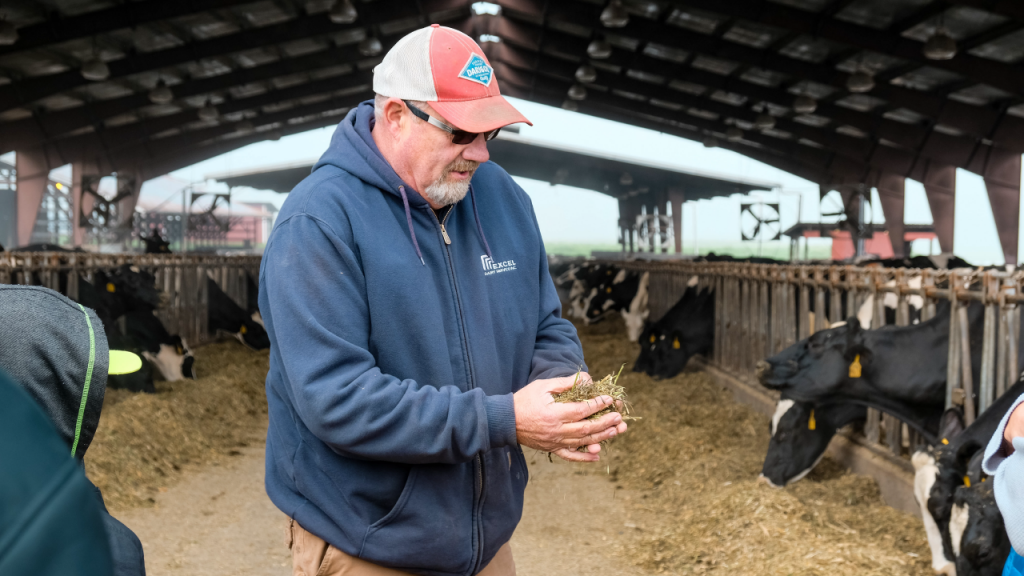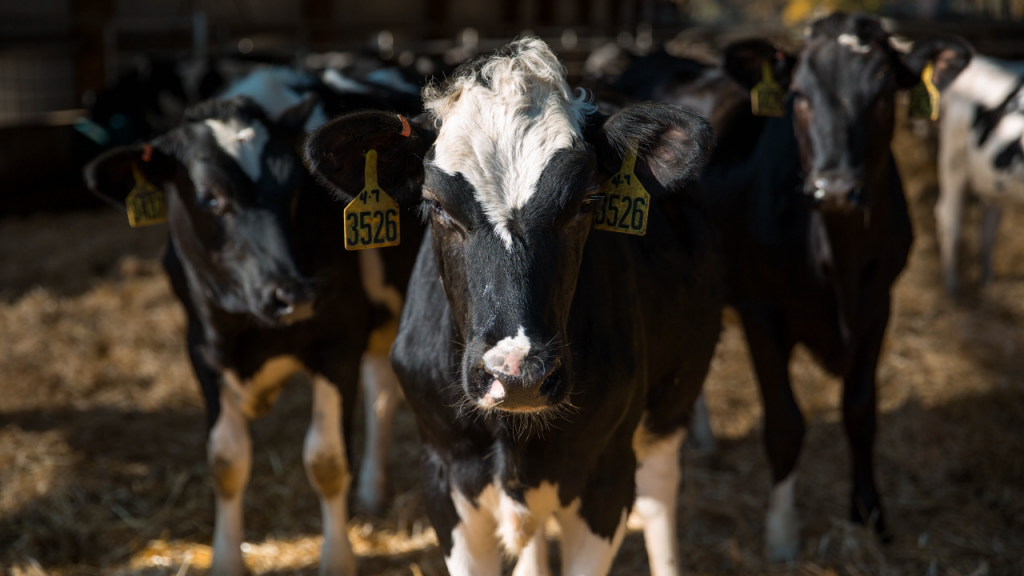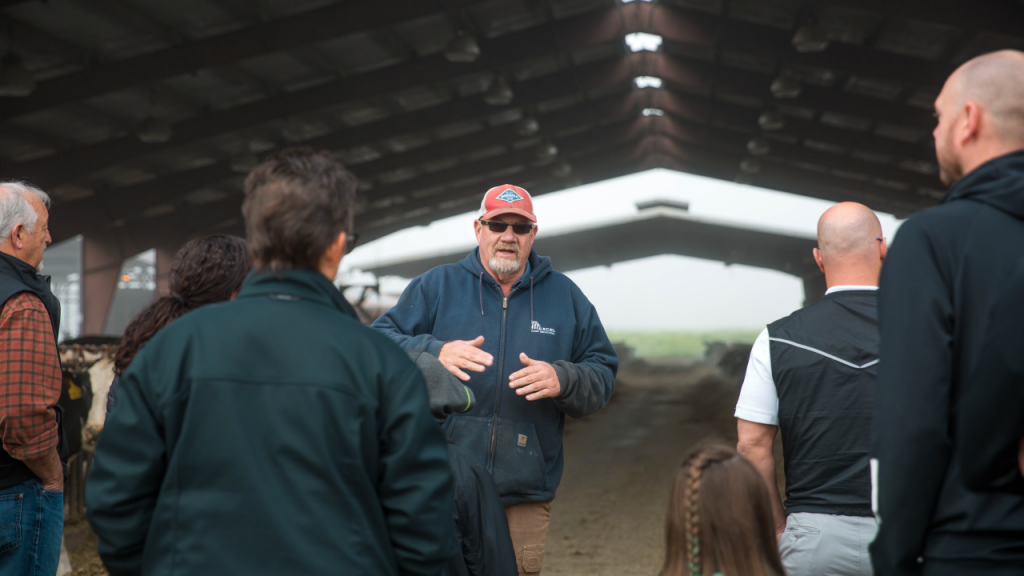By 2050, it is estimated the world population will reach 9.7 billion people compared to the current population of 7.3 billion people.
Farmers, especially dairy farmers, are rising to the challenge of finding sustainable ways to feed our growing population. In fact, the entire U.S. dairy industry has made a commitment to become greenhouse gas (GHG) neutral or better by 2050.
In the last few decades, the dairy community has embraced research and sustainable technology to drastically increase milk production while reducing the number of cows milked. For example, in 1950 there were 22 million dairy cows in the U.S. producing 117 billion pounds of milk. Today, thanks to improved genetics and nutrition science for cows, there are only 9 million dairy cows in the U.S. producing 209 billion pounds of milk—that’s a 79% increase in production! Fewer cows on the planet also mean less methane and waste, resulting in less GHG emissions.
Washington dairy farms are at the forefront of sustainable practices; four have even been recognized nationally for their leadership in environmental stewardship and efforts to use less resources while making animal welfare and workforce development top priorities.
Werkhoven Dairy of Monroe was recognized with this award in 2012 to applaud their efforts of turning cow manure into power through an anaerobic digester, producing enough electricity to power almost 300 homes.
“The Tulalip Tribe has been a great partner for us,” said Jim Werkhoven of Werkhoven Dairy. “Together we’ve been able to work together to not only preserve the land for agricultural use but also turn byproducts into energy.”
The digester can also recycle food waste from local food processors or other byproducts that cannot be utilized or consumed by consumers.
“Our digester is an environmentally-friendly recycling outlet for things that might otherwise end up in a landfill,” Werkhoven continued. “I want this farm to be here for generations to come. This system not only keeps my farm sustainable but ensures my family can keep doing what we do best—milking cows and helping feed the world.”
From turning manure into renewable energy to recycling water, Washington dairy farmers are at the forefront of sustainability while providing one of nature’s most perfect products—milk.




